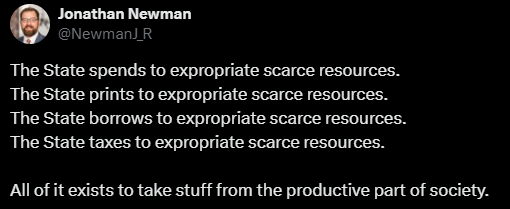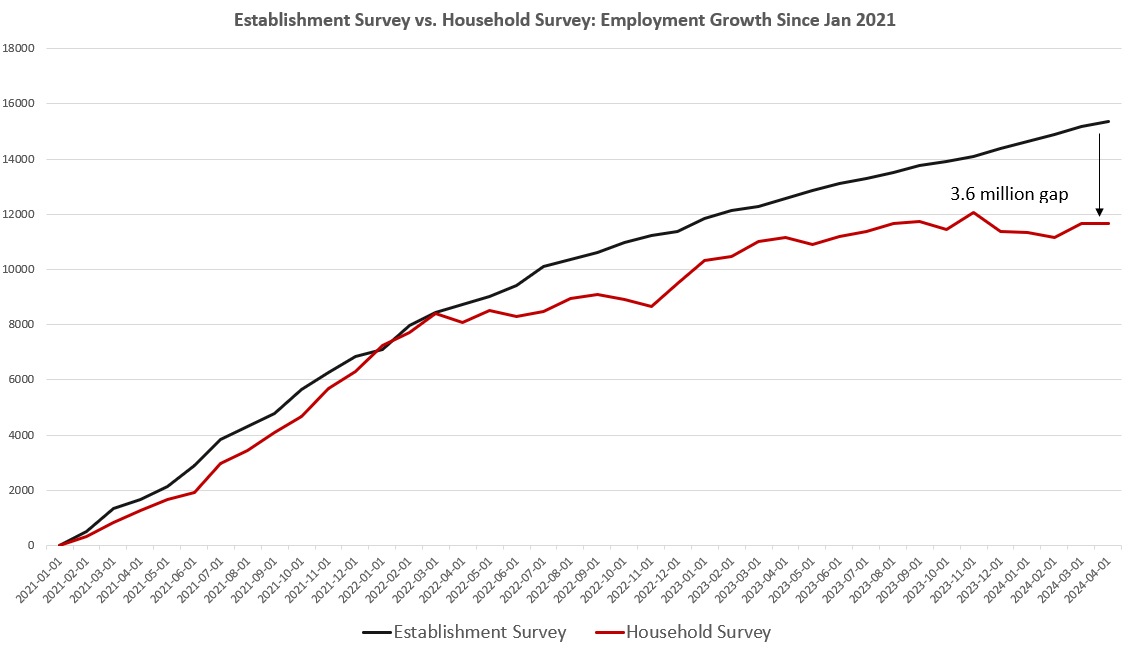It is no crime to be ignorant of economics, which is, after all, a specialized discipline and one that most people consider to be a “dismal science.” But it is totally irresponsible to have a loud and vociferous opinion on economic subjects while remaining in this state of ignorance.
—Murray Rothbard, “The Death Wish of the Anarcho-Communists”
The Austrian school of economics stands as a beacon, illuminating the path to economic understanding through a perspective that diverges markedly from the methodologies of controlled experimentation and empirical observation that define the natural sciences. Instead, Austrian economics lays bare the timeless truths of economic phenomena through the art of deductive reasoning, drawing its power from self-evident axioms that underpin the intricate tapestry of economic life.
This departure from conventional scientific norms rests upon two foundational pillars. At its core, economics is concerned with deciphering the elaborate choreography of human action, driven not by the linear certainties that govern the physical realm but by the intricate nuances of subjective desires. In contrast to the predictability of matter and motion, the canvas upon which purposeful human behavior is painted defies attempts at segmentation or manipulation within controlled settings.
The symphony of the economy crescendos from the myriad notes struck by individuals, each weaving their unique dynamic narrative through the fabric of personal circumstances, knowledge, expectations, and values. No levers of control exist to adjust or experiment within this realm.
This foundational distinction is further exemplified by history’s reluctance to yield controlled experiments for the validation of economic theories. Historical events such as the Great Depression are compositions woven from a complex interplay of countless causal threads, allowing rival schools of thought to draw divergent interpretations from shared moments in time.
Unlike the empirical journey of the natural sciences, the bedrock of economic principles finds its roots in the fertile ground of deductive logic, springing forth from self-evident axioms about human action: that individuals act with purpose and subjectively value goods. The principles of supply and demand, marginal utility, opportunity cost, and incentive dynamics are not mere observations but meticulously derived implications of these fundamental axioms.
Empirical data, while shedding light on economic laws, does not wield the power to offer definitive proof or refutation of these laws. Rival economic frameworks can coexist despite drawing from the same empirical wellspring. Deductions that remain impervious to contrary historical data stand firm as the bedrock of economic science.
Detractors have been known to contend that the Austrian school’s deductions lack relevance without empirical verification. However, the core axioms upon which these deductions rest are immune to the limitations of empirical data. Moreover, Austrian economic analysis has demonstrated its predictive prowess time and again. For instance, consider Ludwig von Mises’s theory of business cycles.
Decades before the 2008 financial crisis, Mises elucidated how unsustainable booms sow the seeds of their own undoing, driven by distorted interest rates and production signals due to credit expansion. His prediction of an eventual recession due to central bank inflationary policies rang true when the crisis eventually unfolded. While others stumbled over statistical models, those who embraced deduction understood the essence of the crisis.
Critics have also questioned the realism of the Austrian school’s approach, contrasting the rational actors of economic models with the irrationality of the real world. However, the deductive laws of economics do not seek to predict specific outcomes but instead offer interpretive frameworks. As Mises aptly explained, “Economics, as a branch of the more general theory of human action, deals with all human action, i.e., with man’s purposive aiming at the attainment of ends chosen, whatever these ends may be.”
Through deducing implications from the bedrock of purposeful human action, economics achieves a level of universality and permanence that empirical analysis cannot match. While empirical observation can illuminate specific instances, it is the realm of deduction that unveils the timeless mechanisms governing economic phenomena.
Microeconomics serves as a prime example. While reality may deviate from theoretical postulates, deductions such as those governing supply and demand provide insights into enduring mechanisms that transcend the confines of time and place. It is here that deduction triumphs over data mining in revealing the essential dynamics of price coordination.
In essence, empirical testing and deductive reasoning are not diametrically opposed. Rather, they can harmoniously complement each other, enhancing the understanding of both the timeless and the contingent aspects of economic science. The Austrian school thus stands as a foundational pillar of economic knowledge, offering pure deductive theory as a complement to empirical observation.
The Spreading of Economic Enlightenment: A Civic Duty
The true potency of these economic ideas unfurls when they permeate the collective consciousness. When economic myths and fallacies infiltrate the societal psyche, politicians harness these misconceptions to advance policies driven by faulty logic.
Even in the face of centuries of intellectual endorsement for the virtues of free trade, the specter of interventionism continues to loom, a testament to the persistence of enduring mercantilist delusions that trade corrodes domestic jobs. These misconceptions grant governments the power to sway public sentiment, paving the way for policies that hinder rather than facilitate societal advancement.
In this light, economists shoulder a dual responsibility—to enlighten the layperson and foster in him an appreciation for market dynamics, as well as to arm citizens with the intellectual tools to ward off the allure of misguided interventions. With the Austrian school’s emphasis on deduction, a significant responsibility falls upon economists to make these foundational economic ideas accessible and intelligible to the broader public. Intellectuals and writers, too, have a role to play in disseminating these critical insights to a wider audience. By spreading the wisdom that unveils the hidden harmony within the realm of voluntary exchange, we pave the path to societal emancipation.
Ludwig von Mises eloquently emphasized that this duty of sharing economic knowledge is inescapable. Those who fail to engage with economic issues and instead place blind trust in so-called experts surrender their agency and submit to the domination of others. In our present age, Mises asserted, there is nothing more crucial than economics, as the destinies of both the present and future generations hang in the balance. To quote Mises directly:
There is no means by which anyone can evade his personal responsibility. Whoever neglects to examine to the best of his abilities all the problems involved voluntarily surrenders his birthright to a self-appointed elite of supermen. In such vital matters blind reliance upon “experts” and uncritical acceptance of popular catchwords and prejudices is tantamount to the abandonment of self-determination and to yielding to other people’s domination. As conditions are today, nothing can be more important to every intelligent man than economics. His own fate and that of his progeny is at stake.
Very few are capable of contributing any consequential idea to the body of economic thought. But all reasonable men are called upon to familiarize themselves with the teachings of economics. This is, in our age, the primary civic duty.
Whether we like it or not, it is a fact that economics cannot remain an esoteric branch of knowledge accessible only to small groups of scholars and specialists. Economics deals with society’s fundamental problems; it concerns everyone and belongs to all. It is the main and proper study of every citizen.
While only a select few may be able to contribute original ideas to the field of economics, the duty to acquaint oneself with economic teachings is incumbent upon every rational citizen. This, Mises underscored, is the primary civic responsibility in our modern society and becomes the proper pursuit of every citizen.
Economics, Mises pointed out, is too vital to be confined to the esoteric realms of academia. It grapples with the fundamental issues of society and belongs to all. By empowering the public with a deep understanding of economics, economists equip individuals with the ability to critically evaluate market mechanisms, expose economic myths, and resist the lure of misguided policy interventions. Far-reaching economic education fortifies society against the destructive influence of coercive utopianism, fostering a culture that values individual liberty, entrepreneurship, and long-term prosperity. As such, it is our shared responsibility to vigorously disseminate the light of economic reasoning, banishing the fog of fallacy and unlocking humanity’s boundless potential.
Full story here Are you the author? Previous post See more for Next postTags: Featured,newsletter






















